
These people got it completely wrong.
Variety magazine, 1955

Charles Darwin, writing in the foreword to On the Origin of Species, 1859
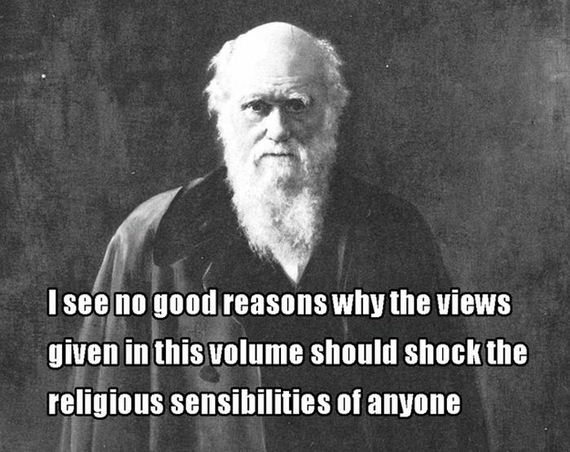
Economist Irving Fisher in October 1929, three days before the stock market crash that triggered the Great Depression
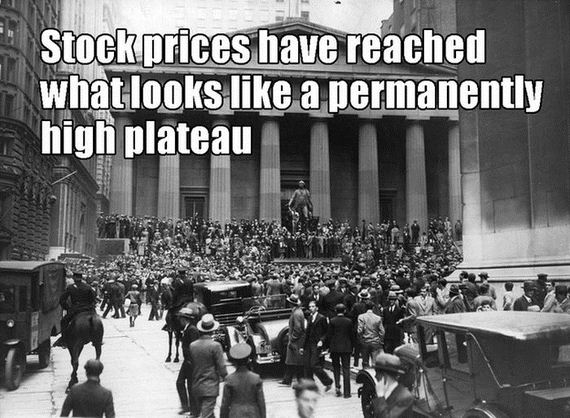
A Decca Records executive to the band’s manager, Brian Epstein, following an audition in 1962. He continued: “We don’t like your boys’ sound. Groups are out. Four-piece groups with guitars, particularly, are finished.”
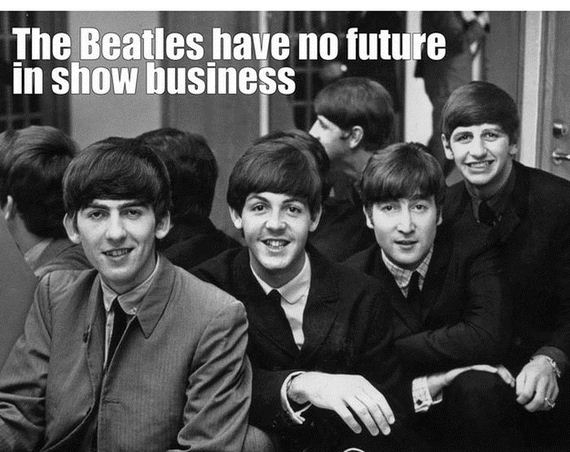
Time magazine, 1968

John Langdon-Davies, A Short History of the Future, 1936
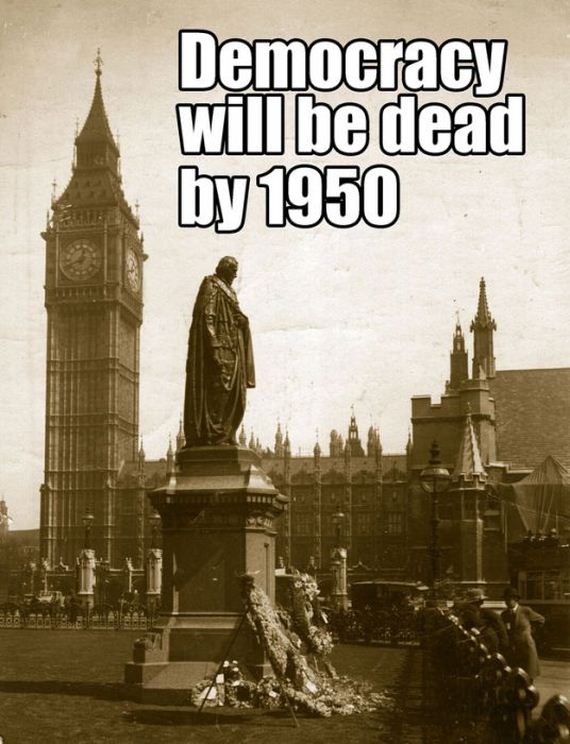
Margaret Thatcher, Oct. 26, 1969

Guglielmo Marconi, pioneer of radio, writing in Technical World magazine, October 1912
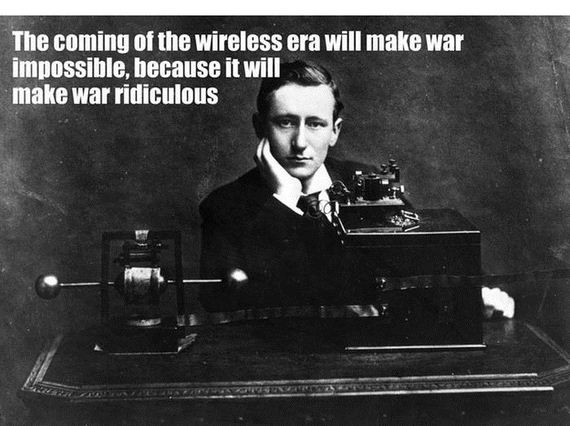
Kaiser Wilhelm II to German troops at the outset of World War One, August 1914

Lt. Joseph Ives, after visiting the Grand Canyon in 1861
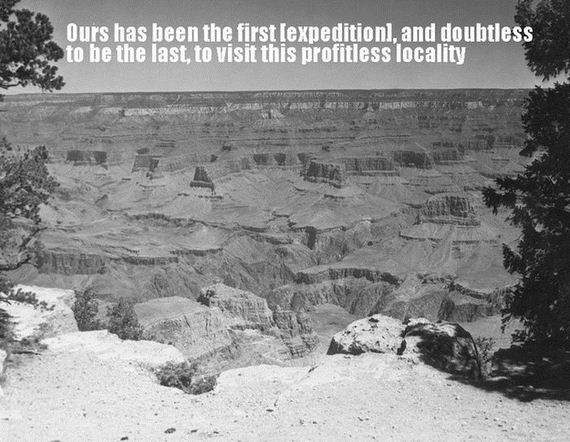
Dr. Dionysys Larder, science writer and academic, in 1828

Robert Millikan, American physicist and Nobel Prize winner, 1923

New York Times, 1936


The president of the Michigan Savings Bank advising Henry Ford’s lawyer, Horace Rackham, not to invest in the Ford Motor Company, 1903
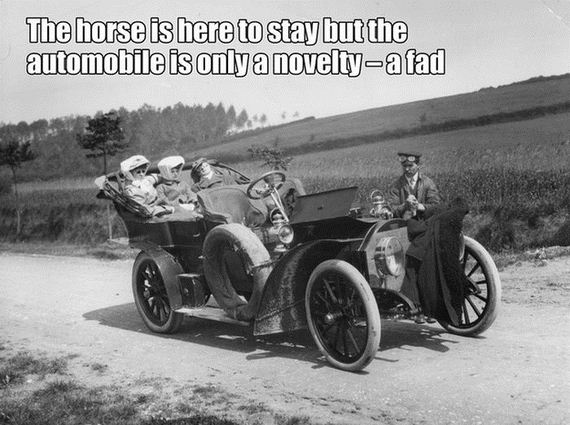
William Orton, president of Western Union, in 1876, when Alexander Graham Bell tried to sell the company his invention
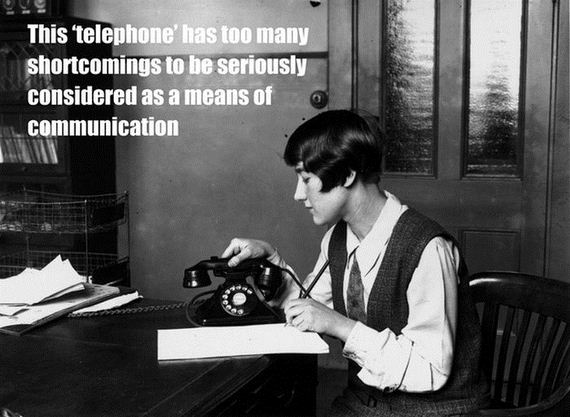
Charlie Chaplin in 1916, two years into his big-screen acting career. The rest of the quote: “It’s canned drama. What audiences really want to see is flesh and blood on the stage.”
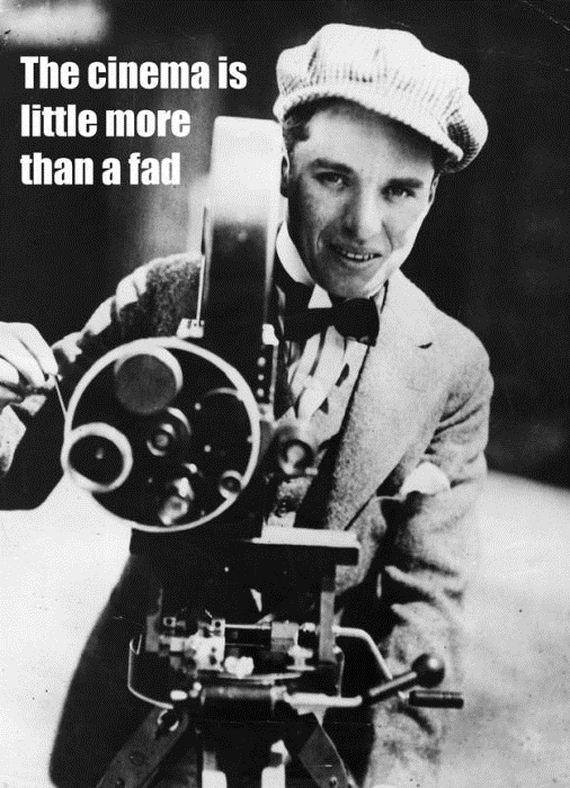
An aide to British military commander Field Marshal Haig wrote this in a report following a tank demonstration, 1916
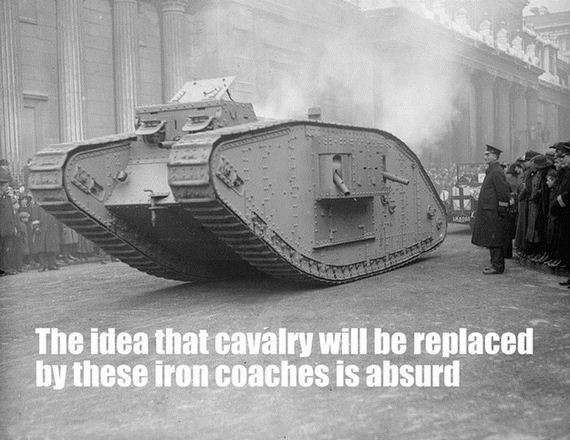
Thomas Edison, 1889. The lightbulb inventor insisted his own direct current (DC) system was superior to competitor George Westinghouse’s AC power, and took every opportunity to discredit alternating current
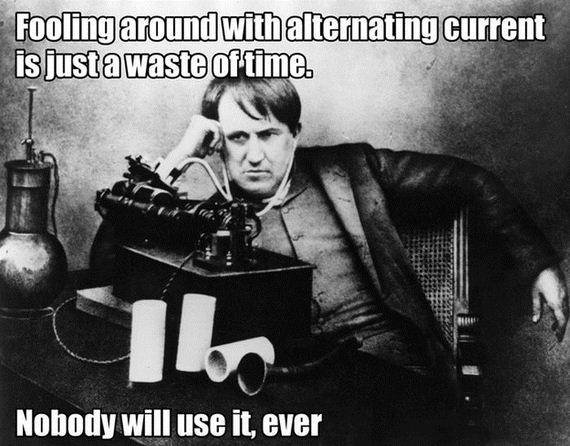
Mary Somerville, pioneer of radio educational broadcasts, 1948
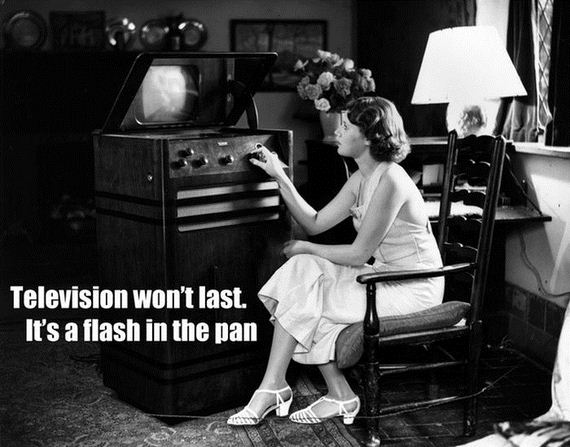
Byte magazine editor Edmund DeJesus, 1998

Alan Sugar, 2005

Popular Mechanics, 1949
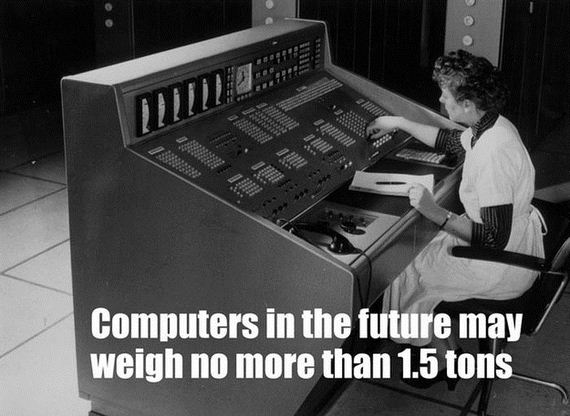
Sci-fi writer Bruce Sterling in The New York Times, 2007
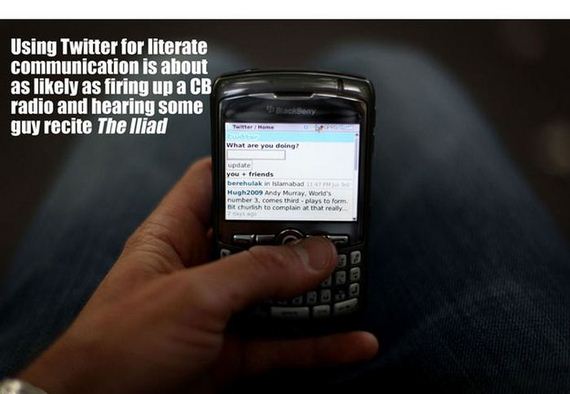
Microsoft CEO Steve Ballmer, 2007

 Barnorama All Fun In The Barn
Barnorama All Fun In The Barn